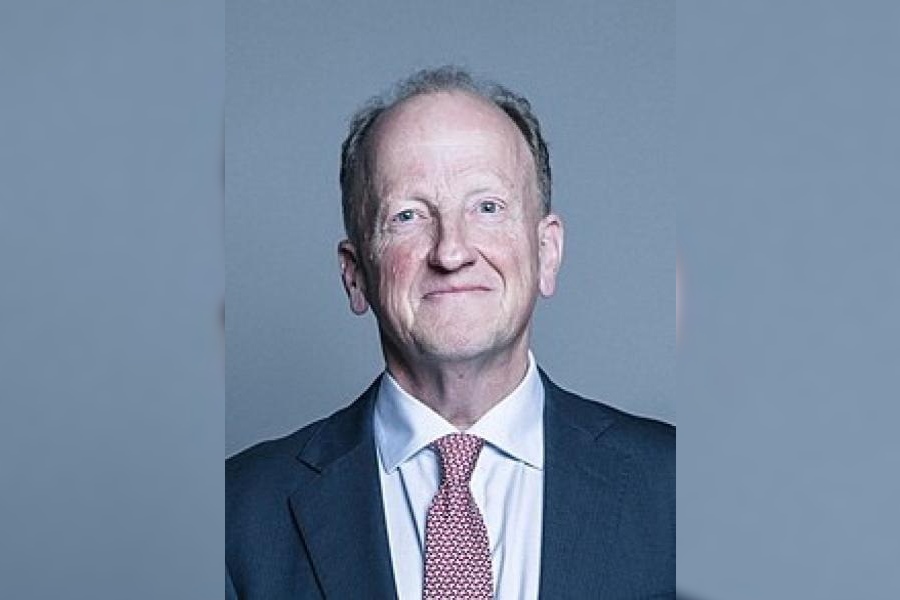Godfrey John Bewicke-Copley, the 7th Baron Cromwell, traces his family’s title back to 1375. His forebears fought the French at the Battle of Agincourt. For the last decade, Lord Cromwell’s day job has been in Britain’s House of Lords, where he mulls legislation, runs to committee meetings and briskly greets fellow lawmakers in Parliament, many of whom are elected.
His right to be there is rooted in his ancestry: Hereditary peers inherit their seats, in his case from his father, the 6th Baron Cromwell. But Lord Cromwell insists that his aristocratic lineage has little bearing on his work as a public servant in the halls of Westminster.
“We are not the port-swilling, fox-hunting hoorays on vast Downton Abbey-esque estates of popular imagination,” he said. “Indeed, sometimes people are rather disappointed when they find that we are typically hard-working professionals of one sort or another.”
For Lord Cromwell, that includes a career in private banking, advising companies on doing business in Russia — something he no longer does — and running the family farm in Leicestershire. Gregarious, well-informed and opinionated, Lord Cromwell, 64, has spoken up regularly in debates on issues from Ukraine to water quality.
None of that will spare him from being evicted when the Labour government enacts a law eliminating hereditary peers, likely by the middle of next year. Labour argues that these peers are undemocratic, a relic as superannuated as the ermine robes they wear. Purging them is the first step to reforming an ancient institution which, though it has little more than a consultative role in lawmaking, has become, by all accounts, bloated, hidebound and ethically dodgy.
Lord Cromwell, whose family name is Bewicke-Copley, admits a touch sadly that he is related to neither of England’s most famous Cromwells, Oliver and Thomas. Having first gained his seat in 1982 after his father’s death in a riding accident, he views the passage of the law with regret but also stoic acceptance. He even manages a dash of mordant wit.
“Christmas is approaching,” he said during a debate on the legislation this month. “While, as one of the so-called turkeys directly affected by the bill, I might abstain on it, I certainly do not propose to obstruct or delay it.”
Instead, Lord Cromwell pleaded to convert the most active and engaged of the 88 remaining hereditary peers to so-called “life peers”, which would save their seats and grant them the same status as a majority of the 805 members of the Lords, whose peerages are bestowed on them by the Prime Minister and who can remain in their seats for life.
“The hereditary principle is indefensible, other perhaps than by appeals to romantic ideas about growing up with a sense of duty,” he said in an interview. “I do not defend it and am happy with the government’s commitment to end it.”
But Lord Cromwell noted a paradox at the heart of the House of Lords: since 1999, hereditary peers have actually been elected — albeit by their fellow peers, not by the country. Life peers are simply appointed, ostensibly for their public service but often as a reward for donating money to political parties.
That is a result of a deal cut by a previous Labour Prime Minister, Tony Blair, who ran into resistance when he set out to cull all the hereditary peers. Blair swept out most of them — including Lord Cromwell, who regained his seat in a peers’ by-election in 2014 — but agreed to let a rump group remain until a future government could carry out a more root-and-branch overhaul.










